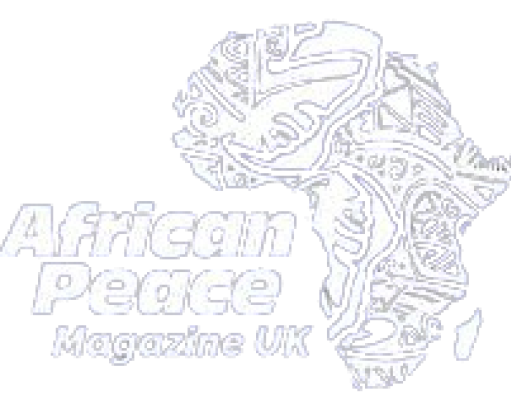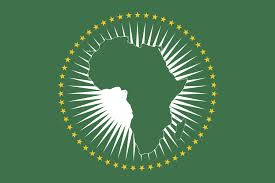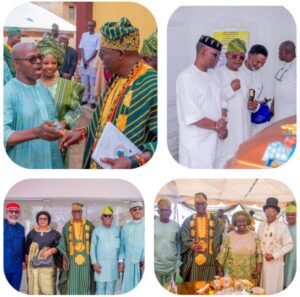AU Names Top 10 Education Innovators for 2025, Offers Grants to Scale Transformative Solutions
From over 700 entries across the continent, African Union selects ten trailblazers to compete for USD 30,000 awards in final pitch to reshape Africa’s learning systems.
The African Union Commission (AUC), through its Department of Education, Science, Technology and Innovation, has announced the Top 10 Innovators selected under the Innovating Education in Africa (IEA) 2025 programme, highlighting a new generation of education trailblazers across the continent.
Launched in 2018, the IEA initiative aims to discover, support, and scale educational innovations that confront Africa’s longstanding challenges of access, quality, equity, and relevance.
In its 2025 iteration, the programme received 737 submissions from institutions, startups, and innovators across Africa, covering areas such as digital learning, teacher training, STEM education, and inclusive learning.
After a multi-stage evaluation and vetting process, the following innovators were honoured as the Top 10 for 2025:
- Ayomide Onasanya – Kryptr (Kryptr)Alexia Sahara – Book Buddy (Snapplify Digital Education Company)
- Paul Mutebi – Robotics and AI Learning (Rumusc International – Tangibo)
- Chuol Tap Thechuong – CognoTech Learn App (East Africa College of Science and Technology – EASTECH)
- T’sepo Julius Thamae – Motsoalle AI (T&R Analytics and Web Designs Pty Ltd)
- Liata Ornella – Brain Ink (Brain Ink)Jessica Kwao – QKNOW STORYTIME (QKNOW EDTECH)Kiko Muuo – Kalamu WhatsApp Teaching Assistant (Angaza Elimu)
- Abdurahman Shemsedin Awol – Dynamo EdTech Platform (Dynamo Center for Technology)Alshimaa Elbahrawy – Deaf Gain (Deafgain)
These innovators were invited to a semifinal pitch, from which five will be selected to proceed to a final pitching event in October 2025.
At that event, three winners will be awarded grants of up to USD 30,000 each, with the objective of scaling their solutions in collaboration with governments and key education stakeholders.
As part of the recognition package, finalists will also gain continental visibility, be promoted among AU Member States, and be featured in the Africa Education Innovations Handbook 2025.
Speaking during the announcement, Mrs. Sophia Ashipala, Head of the Education Division at the AU’s Department of Education, Science, Technology and Innovation, emphasized the importance of nurturing indigenous solutions.
She said, “The IEA program continues to demonstrate Africa’s capacity to generate home-grown solutions for its education and skills challenges. These Top 10 innovations exemplify how creativity, technology and inclusion can drive systemic transformation.”
The announcement also underscores the AU’s alignment with Agenda 2063, specifically its commitment to harness innovation and digitalization in building inclusive, high-quality education systems across Africa.
According to the AU, since its inception the IEA programme has identified 245 innovations, accelerated 41, and directly reached over one million beneficiaries.
The annual calls, pitch events, and grants are intended to facilitate integration of effective innovations into national public education systems.
Despite progress, Africa’s education sector still faces structural gaps. The AU notes that some 20 % of children aged 6–11 remain out of school, rising to 33 % for ages 12–14, while approximately 60 % of youth aged 15–17 are not enrolled in education. Gender disparities, uneven distribution of qualified teachers, and limited continuous professional development are among the persistent obstacles.
As the semifinalists prepare for the final round, education stakeholders and governments will be watching closely.
The innovations selected have the potential not only to transform classrooms but to influence policy, mobilize resources, and build scalable models that address education inequities in Africa for years to come.
Source: African Union





